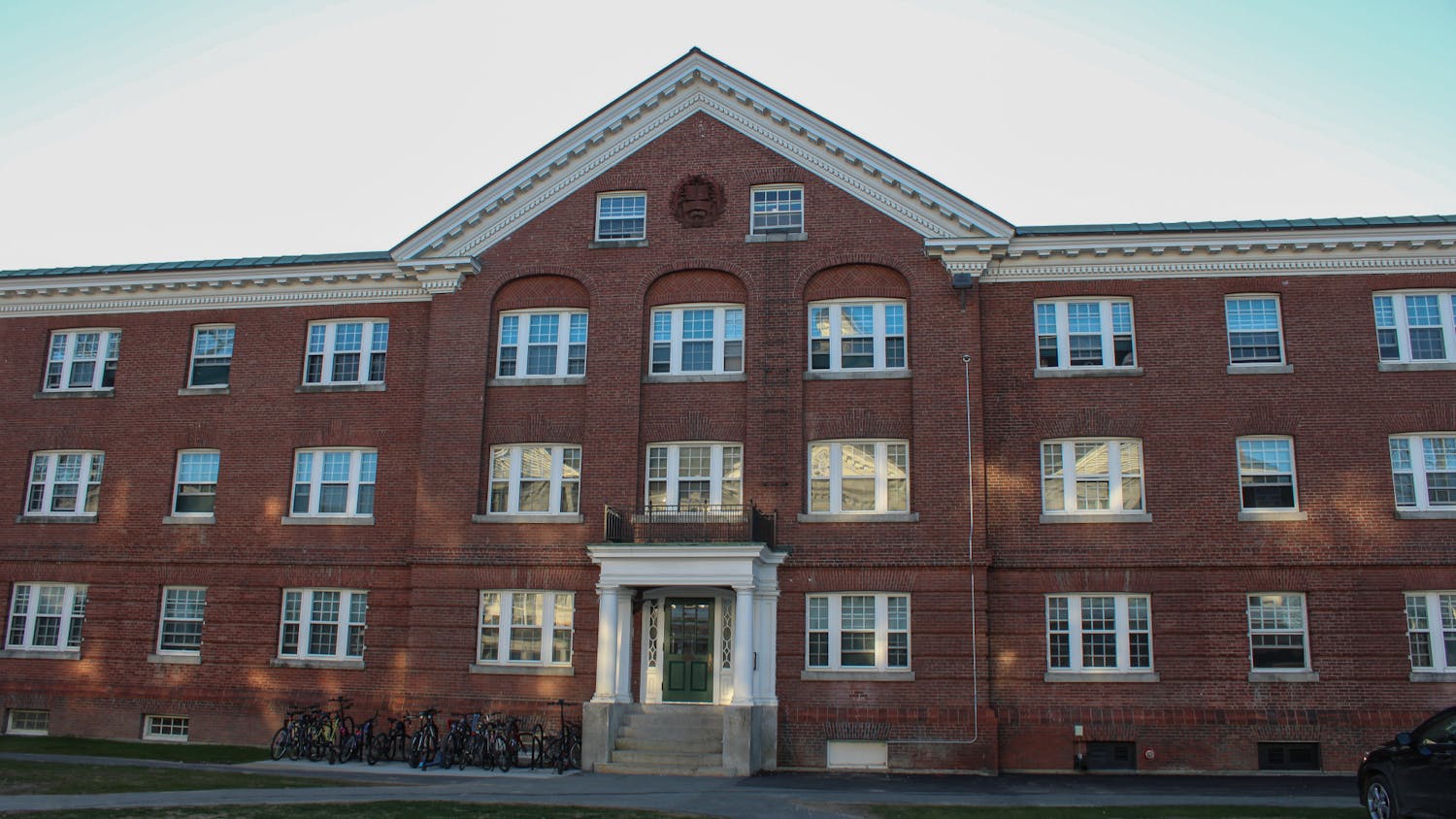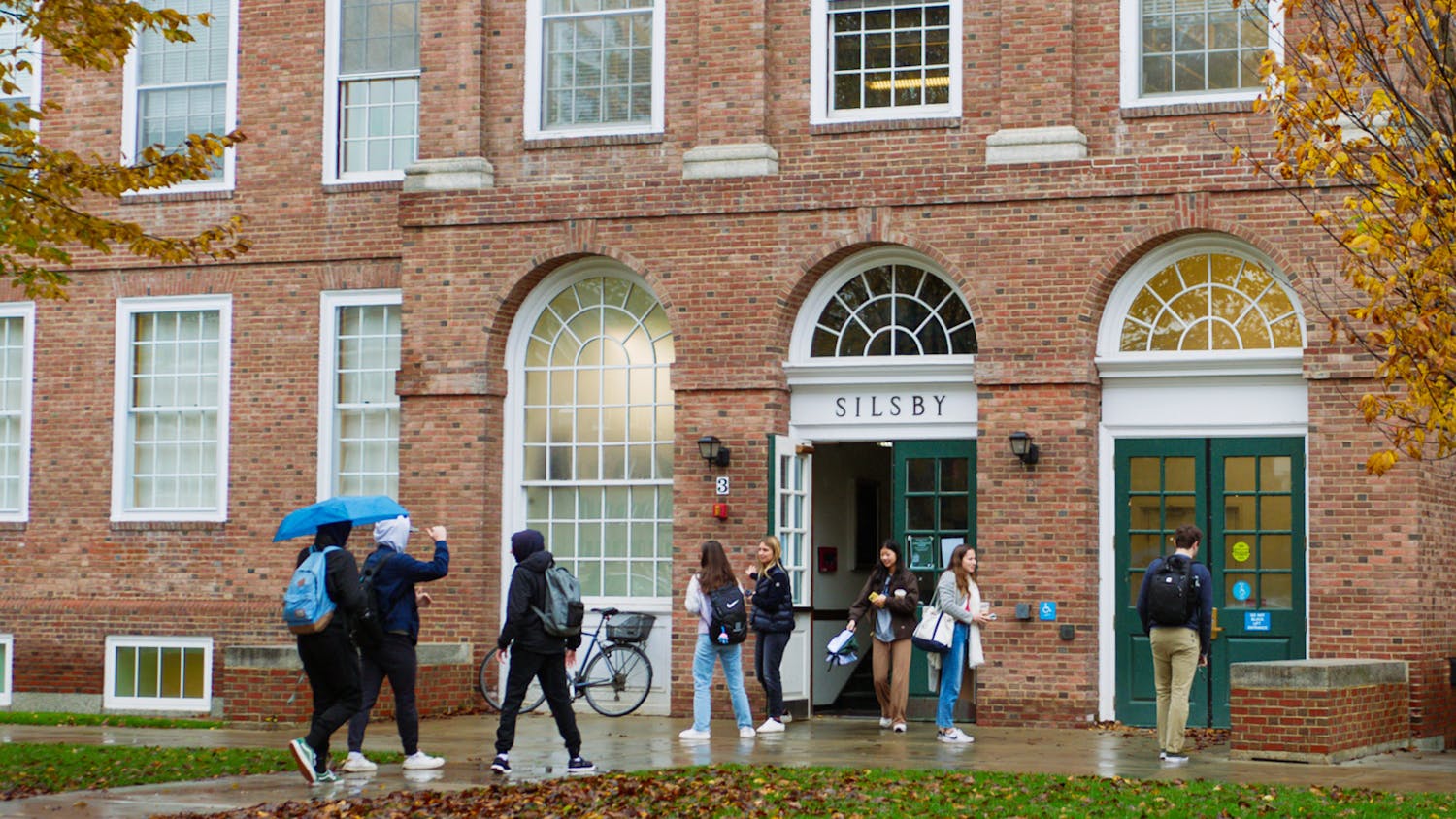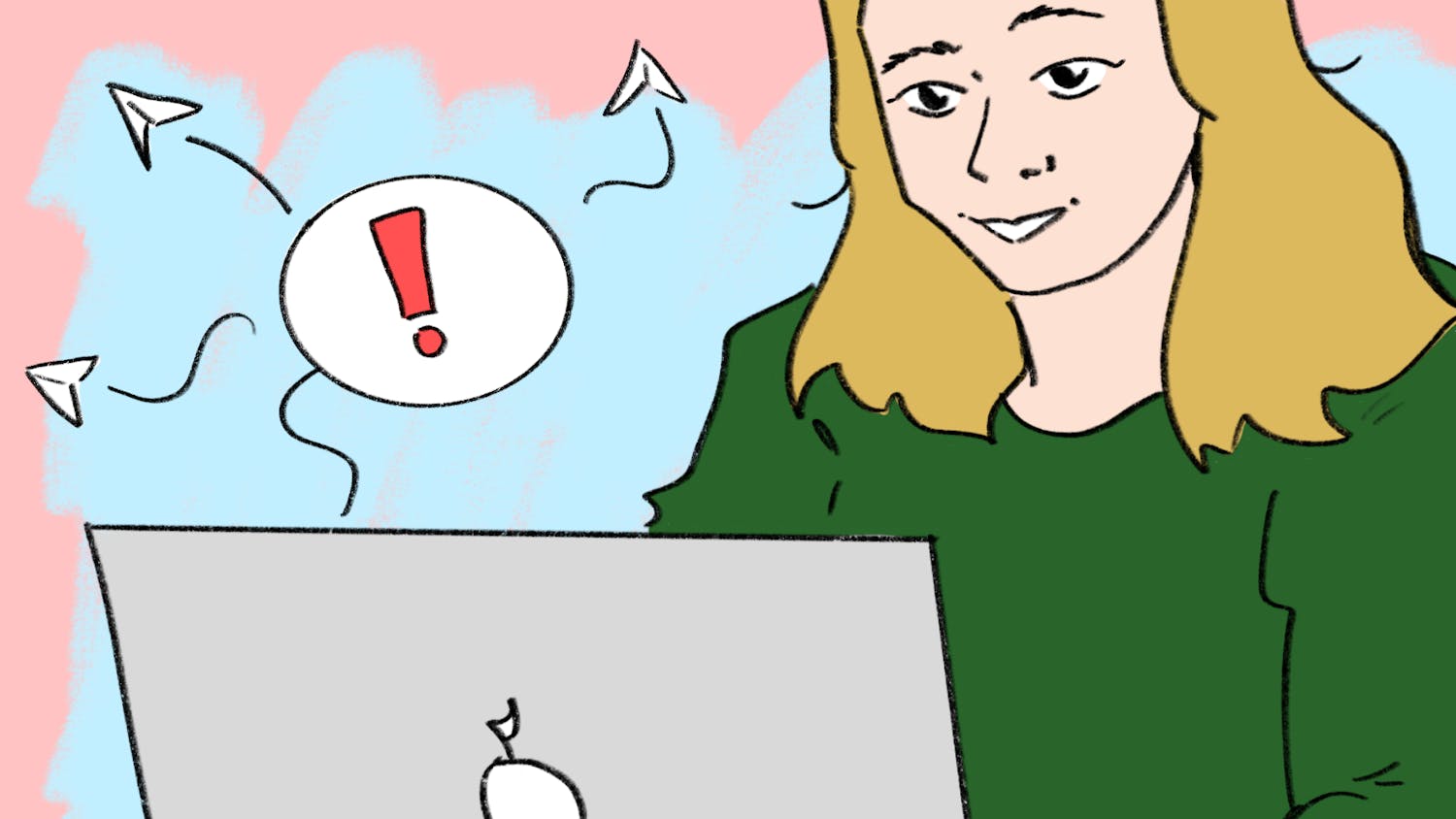I’ve just received 12 teeth from a friend of mine. I needed one or two to use as props, then it came up in casual conversation that this friend never lost any of her baby teeth, that she had to go to the dentist to get them all pulled, and that she still had them in her posession. Most of them still have the roots attached.
I only need a few for props, but with the dozen of them laid out on the table before me, I think of the fantastic pranking opportunities that these items bring: sneezing in class and having a tooth come shooting out of my nose, going to pay for something and opening up a coin purse full of molars, scraping canines out of my Hinman Box surreptitiously. I’ve entered a world of possibilities wherein I am a witch, a madwoman.
Corinne won’t let me bring them into the room. Kayuri doesn’t live with us anymore. Corinne says this should be the topic of the column. MADNESS, as in, WE ARE MAD. MAD! MAD! MAD! FULL OF MADNESS that Kayuri can’t live with us.
Other than breaking up a roommate group that has been together since freshman fall, Kayuri’s leaving points to a larger housing issue on campus. The D-Plan was established in 1972, when Dartmouth first began admitting women and feared it did not have enough housing space on campus. Then the Morton fire happened and that threat became a reality.
Kayuri won’t live with us, so maybe we’ll all finally leave our rooms and maybe we’ll see the sunlight.
Meanwhile, Kayuri’s found a place off-campus for her leave term. She gets here on Friday, but recently snapped us a photo: “On hour 6 of watching Bad Girls Club.” For her, too, the madness has begun to set in.
Another friend stops by our room. She has an appointment for a mental evaluation at Dick’s House. It is the Sunday before term starts, and they’re already booked up for weeks.
A different friend who knows she has an eating disorder cannot get an appointment, either.
When I receive the teeth, I am sitting with a third friend.
“I need to work on this piece about madness,” I tell her.
I remember talking to her last winter about our experiences with Dick’s House counselors. When we realized we were both seeing the same person, the friend asked what I thought of her.
“I think she’s good!” I say.
I’ve never seen anyone else, so I have nothing to compare it to. She listened to me and spoke kindly, kept her office well-stocked with tissues. Sometimes she gave me an “oh-poor-you” facial expression, which wasn’t my favorite, but overall the experience was helpful.
I found it jarring, the first time I went, how many people I knew in the waiting room. Not just people I knew, but people I regarded highly, a collection of my most-esteemed peers. How long had they been meeting here without me, saying things like, “I need to talk to my shrink?”
My friend who saw the same counselor as me had a different opinion.
“She suggested I see a different therapist,” she said of the doctor. “I told her I didn’t think she was working through the problem hard enough, that she wasn’t pushing herself to be the best therapist she could be.”
“That’s not really your job though, is it?” I said, reflecting on how the doctor must’ve felt having a patient counsel her on how to counsel.
My roommates and I have talked about the inverted nature of medical treatment: how those most in need of help likely can’t afford counseling; how poverty and loss, mistreatment and lack of dignity can be chronic to the mind and body; how some cultures dismiss mental illness altogether.
Kayuri was raised in a family that believed you suck it up. When she would be bratty and refuse to do her times tables, she would get locked in the basement. She’s really good at mental math.
Corinne’s really good at mental math, too, because she was a lonely child who would “walk around the playground in circles practicing multiplication.”
Obviously there is an issue of correlation versus causation here. But it just feels like the infatuation with mental health as an establishment grows out of a particularly western obsession with psychoanalysis. There are other ways to practice wellness, and some of them may take the form of the community, the family unit or just the self.
I think I’m drawn to the institutional model because I grew up watching a lot of Woody Allen, so neuroses took on a glamorous lilt. Like many, I love Allen’s work, and I am ashamed of him as a figure, and I am unsure how to reconcile these two. A schism between thought and praxis feels like the definition of neurosis, and so the cycle starts anew.
But back to the teeth. When my friend first took them out of their containers, little wooden anthropomorphic teeth, I had the bizarre urge to put them in my mouth. This is where teeth go. This is mad.
The first day of senior spring, I felt a yearning to get closer to my friends. I would spend lunchtimes with acquaintances, I would say “hi” to students I haven’t seen in terms, I would make a concerted effort to take in the fullness of a place where I can be surrounded by impressive people. The second day of senior spring, I thought, if we were going to be best friends, it would have happened by now. I’m sure the oscillation will continue until graduation.
For now, I am trying to work on nonattachment, on moving through and beyond the physical manifestations of my emotions. The Dartmouth student who is mad is the one who pays attention. When people talk about spaces where they feel safe, these are often spaces where their valid emotions are not construed as madness or where everyone accepts that madness may be the only way to cope. We pass through madness and do not fully emerge on the other side.
Over break, I spoke to a friend who’s interested in magic, alchemy and mysticism. He hopes to master his own subjectivity to experience the world as he would like it or in any mutable form. Surely this is madness, in that it rejects a single view of the world. But I wonder about the imaginative possibilities that become available to us when we move through the world with mutable or multi-subjectivity.
Maybe I will try walking around as the woman with 12 extra teeth in her pocket. I’ll let you know how it goes.



